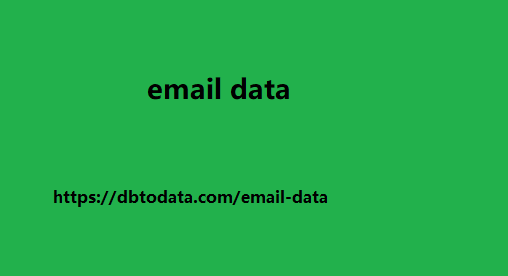While OTAs have dominated the digital travel booking space in recent years, their influence is quietly dwindling as travelers seek more authentic experiences. In parallel, hoteliers now have access to more tools and resources for digital optimization. In fact, hotels of all sizes can significantly boost online bookings by taking a few notes from these eCommerce giants. After all, they’ve invested in research and testing to prove that these best practices work.
6 Lessons from Leading Brands You Should Be
Aware of Here, we will go through six valuable lessons from leading brands that you should take into accoint when considering your hotel booking strategies. 1. Simplified User Experience “Less is more” is a great rule of thumb when dealing with website optimization. Airbnb has done a fantastic job in creating a simple, intuitive interface that guides their website visitors effortlessly through to the booking process. Their platform incorporates clear visual hierarchies and smooth transitions to minimize cognitive load and maximize user engagement, ultimately boosting conversion rates. Here are some learnings that you can take away to apply to your very own hotel website: Focus on Website Navigation Organise content with clear categories and menus, placing priority on main CTAs.
Utilise visual hierarchies 6 Lessons from Leading and consistent design to guide users easily
A clear and intuitive website layout reduces confusion and frustration, leading to an overall better user experience and allowing users to find the information they need. Reduce Steps in the Reservation Process Condense your booking form into one page; the fewer users have to click, the better. Utilise re-fill options to provide information about returning guests to expedite the checkout process. Lengthy checkout processes canada email list can frustrate and deter potential guests, and the fewer steps there are to complete a reservation, decreases the likelihood of cart abandonment. Use a Mobile-First Approach Implement a responsive website that automatically adapts to all screen sizes.
Ensure fast loading 6 Lessons from Leading times and intuitive navigation on mobile platforms
Quick-loading, easy-to-use mobile sites lead to higher engagement and conversion rates, as users are less likely to abandon slow or complicated interfaces. 2. Personalization at Every Step Personalization is a critical function of every successful booking engine. Booking.com utilizes its machine learning algorithm alongside AI to provide custom search results and recommendations based on user behavior and preferences. This allows them to present only the most relevant content, improving overall customer experience. Here’s what you can also do for a personalized booking engine experience: Offer Dynamic Pricing Adjust room rates based on the season, current occupancy, and pricing of competitors.
Offer lower rates during off-peak periods and higher rates during high-demand times
This approach maximizes revenue by aligning prices with market demand. This encourages bookings during slow periods while also being able to capitalise on those peak times. Launch Targeted Email Campaigns Segment guests with email marketing based on demographics, history, and preferences Send personalized promotions, loyalty benefits, and tailored content to each segment This can improve engagement analysis of results and optimization significantly by delivering highly relevant offers to guests and increasing the likelihood of repeat business. 3. Clear Calls-to-Action and Trust Signals Platforms like TripAdvisor are experts at strategically placing trust badges, reviews, and clear CTAs throughout their platforms. Their ranking system emphasizes the quality, frequency, and freshness of reviews, and acts as a powerful trust signal for potential bookers. Here’s how you can incorporate trust signals into your booking engine.
Showcase Authentic Reviews Highlight top-rated
Reviews and overall ratings on high-traffic areas of your website. Include guest-generated content to enhance authenticity for visitors. By prominently displaying guest reviews on the homepage and booking pages, hotels can project a kuwait data trustworthy image and encourage potential guests to book. Optimize Call-to-Action (CTA) Elements Strategically place CTAs prominently across all pages, especially on the first half of the page, before scrolling is needed (“above the fold”). Utilize contrasting colors for CTA buttons to draw attention to them. Write direct and clear copy on CTA’s like “Book Now” or “Reserve Your Stay“. Effective CTAs can lead to a boost in bookings, as they create urgency and clarity in the booking process and, most importantly, guide users toward making a decision 4.

